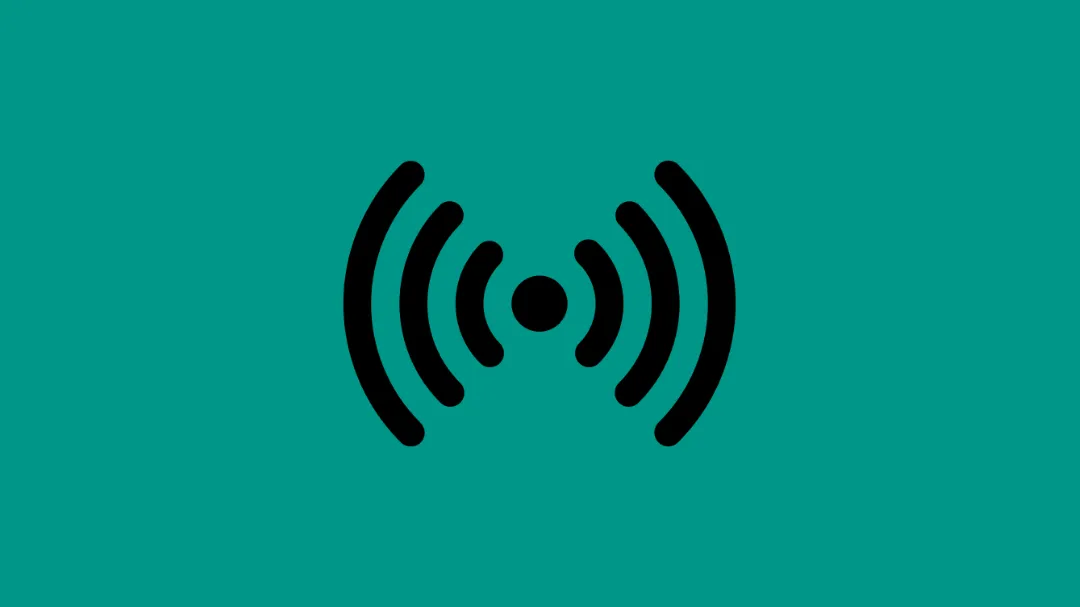
Is it possible to connect two internet cables to the same network?
In the world of home or office networks, some may wonder: Can I connect my computer or router using two internet cables at the same time to get higher speed or better stability? The answer is not simply yes or no—it depends on the purpose of the connection and how it is implemented.
First: The basic idea
The internet relies on precise protocols for data transmission, and usually each device on the network has one main path for communication. Connecting two cables to the same device or network does not automatically mean combining or doubling speeds; in fact, it may cause connection conflicts if not managed properly.
Second: Possible scenarios
1. Connecting a device with two cables from the same router
-
If you connect a computer or server with two cables coming from the same router, you will not get double the speed.
-
The system will choose one port as the primary communication path, while the other may remain unused or act as a backup in case the first one fails.
-
This feature is known as Failover, meaning automatic switching in case of connection failure.
2. Using Link Aggregation technology
-
Some advanced devices such as servers or professional routers support what is called Link Aggregation or EtherChannel.
-
This technology allows combining multiple cables into a single path to increase bandwidth and achieve higher speed.
-
Both the device and the router or switch must support this feature, and it must be manually enabled in the network settings.
3. Connecting two cables from different internet providers
-
In some organizations, the network is connected with two cables from different companies to ensure continuity.
-
Here, what is known as Load Balancing is applied—distributing traffic between the two sources—or Failover, where the second line works when the first fails.
-
This solution does not automatically double the speed for each user but distributes the load among users inside the network.
Third: Common mistakes
-
The belief that connecting two cables from the same source to your device will make the internet faster is a misconception.
-
Without enabling specific technologies, you will not actually benefit from the second cable.
-
In some cases, this may lead to network issues such as IP conflicts or slow connections.
Fourth: When is this solution practical?
-
When you need higher stability and a backup connection (Failover).
-
In work environments that require higher performance using Link Aggregation.
-
In organizations that rely on different internet providers to reduce risks and ensure service continuity.
Conclusion
Yes, it is possible to connect two internet cables to the same network, but the benefit depends on the purpose and the technology used. If you are looking to double the speed, the solution lies in Link Aggregation and not just direct connection. However, if your goal is stability and reliability, you can rely on Failover or Load Balancing.
